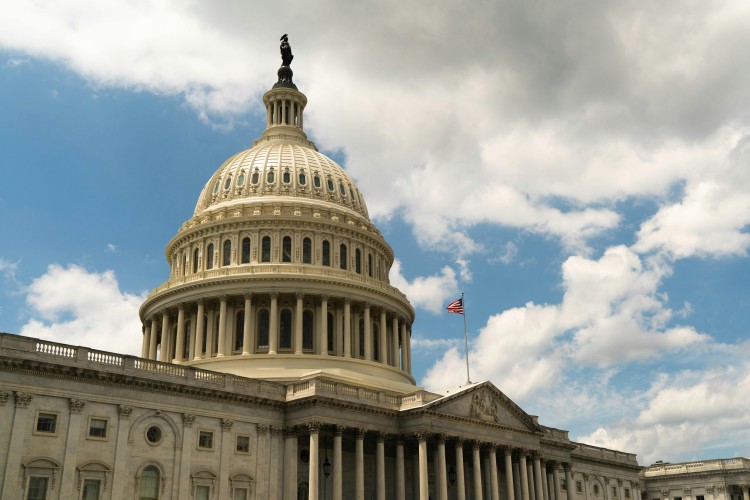Criminal Justice Reform and Youth: A Moment of Opportunity
This guest post was written by Gordon McDougall, founder and president of Beacon Consulting Group and a speaker at Connection 2014. His presentation at Connection offered an insider's view into the current government trends for nonprofits, and discussed the challenges and benefits of the 'pay for success' funding phenomenon. You can watch a portion of his presentation here, or click here to watch the full presentation. In this post, he discusses how the momentum for criminal justice reform is taking shape at a governmental level, and what this means for youth and youth-serving nonprofits. More great speakers like Gordon will be joining us for Connection 2015!
On March 27th, crime control policy leaders and field experts from across the nation convened in Washington, D.C. to review criminal justice policy with the shared goal of lowering both crime rates and the incarcerated population. The bipartisan #Cut50 Summit was the beginning of a new collaboration to reduce the prison population in the United States by fifty percent in the next ten years. If they can remain united and focused, the leaders driving the current criminal justice policy review may have a significant impact on national and state policy reforms going forward.
This bi-partisan initiative is occurring at the same time as other important policy trends. At the federal level there is renewed collaborative interest in scaling the next generation of poverty reduction programs around the 50th anniversary of the Great Society. This work is being driven by a shared understanding that current, historically-high child poverty rates in the United States, if left unaddressed, will contribute to higher governmental costs including in crime control in the decades ahead. At the state and local level, governments are learning and applying what works to reduce re –incarceration, in part due to federal support of Second Chance Act programs. State and local governments are also beginning to back private investment into what works through “Pay for Success” models, commonly known as Social Impact Bonds (SIBS).
The Conference attracted unlikely allies such as former Republican Speaker of the House Newt Gingrich and Democrat Senator Cory Booker, the sponsor of the REDEEM Act, who jointly addressed reform challenges such as changing the sentencing process for non-violent offenders and overcoming barriers to employment and housing for those with criminal backgrounds. The Conference featured the conservative Governor of Georgia, Nathan Deal, who spoke of the same policy goals as the progressive Secretary of Labor, Thomas Perez. The Summit produced high-level consensus that national incarceration rates, which have risen by 800% since 1985, cannot be sustained in a civil society.
The juvenile justice community was appropriately “at the table” during the conference. Former Attorney General Eric Holder referenced the Justice Department’s Smart on Crime Initiative and framed the work by declaring that “most adolescent crime offenses [should be] handled in the principal’s office rather than the police station.” A Conference panel on juvenile justice reform discussed proven and promising strategies to reduce initial and repeat offenses among youth, mirroring the good work of Peter Greenwood in his book “Changing Lives: Delinquency Prevention as Crime Control.” Panel participants included representatives of law enforcement, local and state governments and youth development service providers. The panel also explored redefining the age of adulthood.
The CUT 50 Summit, and the ongoing bi-partisan work on criminal justice reform, is worth the attention of those working daily with disconnected youth. Public confidence in our nation’s criminal justice system has been recently shaken. Citizens in Ferguson, Cleveland, New York City, and now in Baltimore are demanding better accountability in law enforcement and improvements in the treatment of individuals, mostly young and minority, in our criminal justice system. This energy, born of tragedy, will help drive needed reforms. This energy can also improve our capacity to serve youth -- in Baltimore, the local Big Brothers Big Sisters agency this week experienced a 3000% increase in adults calling to volunteer as mentors.
National criminal justice reform has a chance of occurring this year, and the youth development and juvenile delinquency prevention fields need to remain “at the table” so they are not “on the table.”


